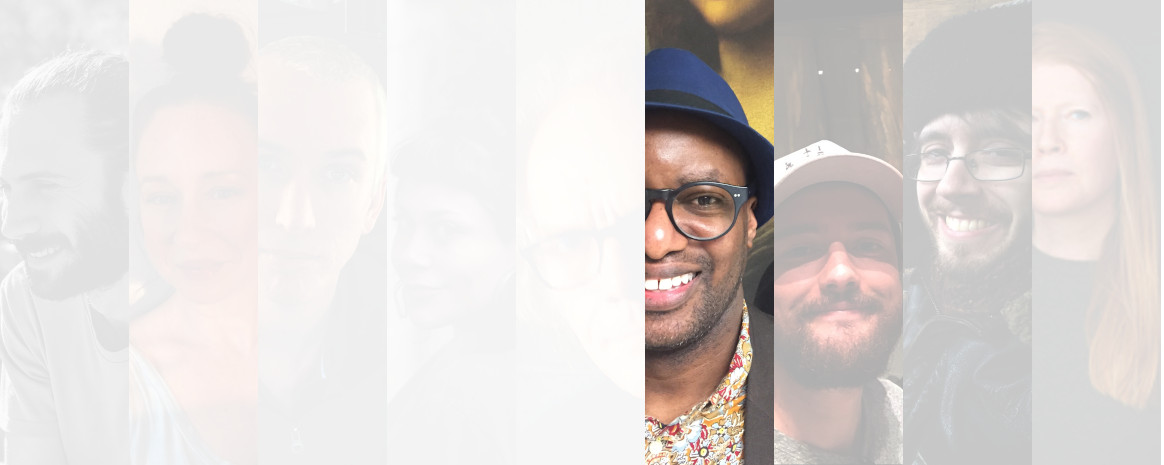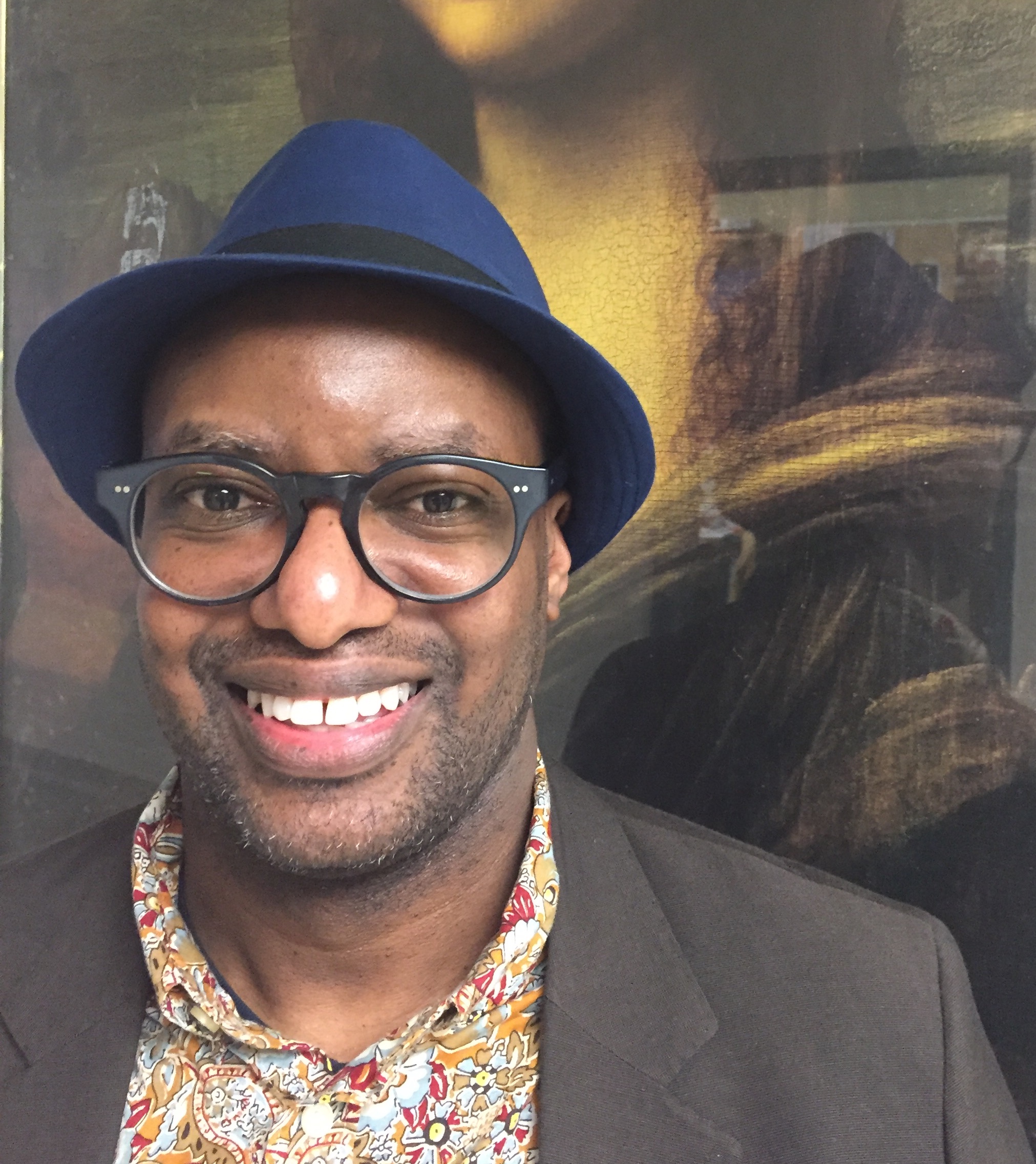Too green to know we were poor, I fed the coyote growling inside me with change from phone booths. I remember how I unlatched doors with the side edge of a fresh hockey card, the way summer sat in my dust-filled fro abbreviated by the key shoe-stringed under my catchpenny polyester shirts. I didn’t know there was another way to be. The last time I swiped a bag of corn chips I unknowingly dashed past the store holder. How he slapped the profile off my face, the way fever kick-drummed and flamed my cheek. I never stole again. I still think of that time I parted the door for the exterminator after I said my parents weren’t home, and the way his gaze quickly populated the skeletal walls and fumbled into fridge-hidden corners before heading out seconds later to the rat-scented hallway and into my past. How I thinned into an even thinner apartment unaware it was my first chess game with the reaper, and not knowing I was lucky to have won.

Nancy Jo Cullen on “Latchkey”
In “Latchkey,” the picture of childhood innocence is unsettled by the simmering threat that roils through the poem. Here, the nostalgia and naiveté that often shape poems about childhood have been weaponized against the speaker, the latchkey kid. “Latchkey” rejects wistfulness as the reader is brought to a sinking understanding of the perils the unsupervised child has survived.
Bios

Michael Fraser
Michael Fraser is published in Best Canadian Poetry in English 2013 and 2018. He has won numerous awards, including Freefall Magazine’s 2014 and 2015 poetry contests, the 2016 CBC Poetry Prize, the 2018 Gwendolyn Macewen Poetry Competition, and the League of Canadian Poets’ 2022 Lesley Strutt Poetry Prize. [updated in 2023]

